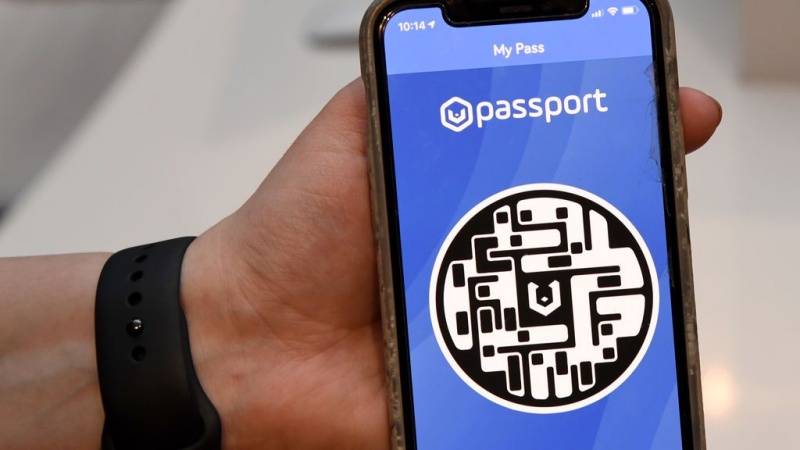Thanks to LANCELOT DIGITAL
Green light to the covid certificate
Finally good news for the tourism sector and for the national economy, in general, and Lanzarote, in particular. The European Parliament has given the green light to the covid certificate that will allow free movement in Europe during the pandemic. The new “EU COVID-19 Certificate” – instead of the Digital Green Certificate, as proposed by the European Commission – will be limited to twelve months.
The document, which may be issued in digital or paper format, will indicate that the person has been vaccinated against the coronavirus, or that they have a recent negative test, or that they have passed the disease. In no case may the COVID-19 certificate be used as a travel document or become a necessary condition for free movement, the MEPs emphasize.
The proposal regulating the certificate for EU nationals came forward with 540 votes in favor, 119 against and 31 abstentions, while the one focused on third-country nationals received 540 votes in favor, 80 against and 70 abstentions. Voting took place on Wednesday and the results were announced to plenary on Thursday.
Both Parliament and the Council are now ready to start negotiations. The objective is to reach an agreement before the start of the summer tourist season.
EU COVID-19 certificate holders should not be subject to additional travel restrictions, such as quarantine, self-isolation or testing, according to Parliament. MEPs also claim that, to avoid discrimination against the unvaccinated and for economic reasons, countries must ensure “universal, accessible, timely and free test possibilities.”
Parliament wants to ensure that the European certificate is compatible with other initiatives at national level, which in any case must respect the same legislative framework.
Member States will have to accept vaccination certificates issued in other EU countries for people inoculated with vaccines authorized for use in the Union by the European Medicines Agency (EMA) – right now, Pfizer-BioNTech, Moderna, AstraZeneca and Janssen ), say MEPs. It will be up to each Member State to decide whether they also accept vaccine certificates from other European countries for vaccines listed by the World Health Organization for emergency use.
Certificates will be verified, like their electronic seals, to prevent fraud and forgery. The personal data obtained for the issuance of the certificate cannot be stored in the destination country and there will be no centralized database in the EU. The list of bodies that will process and receive the data will be public, so that citizens can exercise their right to data protection, within the framework of the General Data Protection Regulation.
Lastly, MEPs stress that COVID-19 vaccines must be produced on the required scale, affordable and distributed globally. You also show concern about serious cases of non-compliance with production and delivery schedules.
After the vote in plenary session, Juan Fernando López Aguilar (S&D, Spain), president of the Freedom Committee and rapporteur, said: “We need to implement the COVID-19 certificate to regain the confidence of citizens in Schengen while we continue to fight the pandemic. Member States must coordinate their response in a safe way and ensure the free movement of Europeans within the Union. Vaccinations and tests must be accessible and free for everyone. Countries should not incorporate additional restrictions once the certificate is operational.





